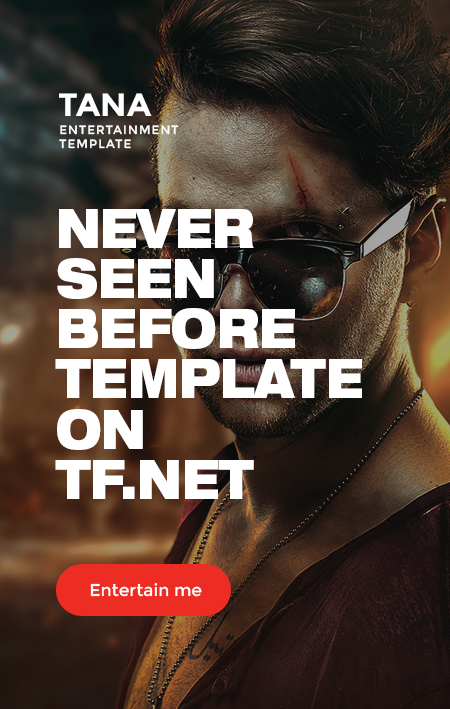The recent virtual exchange between Afrobeats star Burna Boy and revolutionary politician Omoyele Sowore has sparked off a range of conversations. Some bordered around the extent to which celebrities who politicise their work are expected to go in pushing their campaigns and effecting their ideologies. Others speculated on the authenticity of the politics artists incorporate into their work.
Many of us have been grappling with the activism of Nigerian male artists weave into their music, which at some point comes off as performative. Often times, these political sentiments are marked by a fairly convincing cosplay of Nigerian revolutionary, Fela; think Wizkid and Falz.
Nigerian male artists continue to borrow, build on, and in some cases, sample Fela’s revolutionary legacy, while conveniently removing themselves from tactile activities surrounding that legacy. Their songs call out Nigeria’s apathy towards demanding radical change and sometimes reveal the sickening state of corruption in the country. Their songs also throw direct attacks at the government and others simply tap into Fela’s legendary promiscuity for aesthetics.
But for all of this strategic centering of mass concern in their works, there continues to be limited participation on their part in effecting the change they seek, while in some cases demanding, with condescension and a palpable self-righteousness, that everyday Nigerians solve problems which in some way, affect all of us; albeit with some insulation on their part. So the question really is, to what extent does a Nigerian celebrity’s activism go?
I would say that as long as their art builds on and focuses on political issues, there has to be much more they can be a part of other than their catchy tunes that remind us of persistent national difficulties. We have seen the radical support American celebrities gave during the Black Lives Matter protests that took place this year. We saw prominent stars like J.Cole, Kiki Palmers, and many others march alongside other black people demanding change and for those who didn’t physically participate in these protests, we see how they continue to support other existing groups working towards their collective progress, regardless of their privilege.
The problem here isn’t that it is a bad thing for artists to take a political stance or call for change where there needs to be one. The problem is that art cannot infuse politics without a clear direction and this is where many of these political views fail at. Their politics often lack a definite form. They don’t, like their predecessor Fela, include Nigeria’s most marginalized group; women and sexual minorities, into their campaigns.
It is not enough to show how hypocritical Nigerians are or call everyday Nigerians with almost no social power, cowards. It is also important for our celebrities to consider how they are leading the conversation to a place that matches their revolutionary edge.
So perhaps we are nearing an era where songs will no longer be enough when we would need every body’s voices and action to make radical change happen.
Nelson C.J is a culture writer with works in The New York Times, Xtra Magazine, OkayAfrica, Black Youth Project, AfroPunk, and a few other spaces. You can find him saving dog pictures on Twitter.






Leave a reply